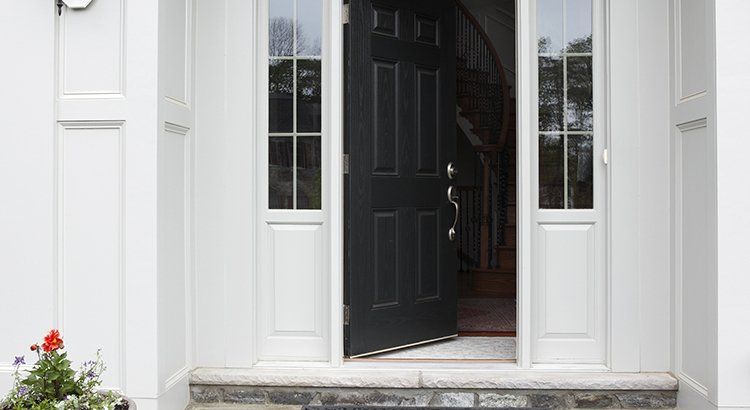Don’t Tackle Selling Your Home on Your Own – an Agent Can Help

Don’t Tackle Selling Your Home on Your Own – an Agent Can Help
If you’re looking to maximize your sale and minimize your effort, you need to work with a real estate professional. In a sellers’ market like today’s, it can be tempting to list your house on your own – known as For Sale By Owner (FSBO). But the truth is, a real estate professional can save you time and money by managing every step of the process, from pricing your home to reviewing documents and handling negotiations.
Before you decide to sell your house on your own, here are five reasons why working with an agent is your best bet to maximize the sale of your home.
1. First impressions are everything – and an agent knows how to make a great one.
Prepping a house for sale requires a significant amount of time and effort, even though it may seem simple at first glance. Doing it right so it stands out takes expertise and an understanding of what buyers are looking for. An agent considers things like:
- Should you take down any personal art or pictures?
- How much landscaping should you invest in to boost your house’s curb appeal?
- What wall colors are most appealing to buyers?
An expert real estate advisor relies on their experience to answer these questions and more so you don’t invest in the wrong things. Your time and money are important – you shouldn’t waste either.
2. Agents have tools to maximize the number of views your home gets.
Put plainly, the more buyers that view your house, the better your return will be. In our current market, homes are receiving 3.8 offers on average per sale, according to recent data from the National Association of Realtors (NAR). While that’s promising for the sale of your home, it’s important to understand your agent’s role in bringing buyers in.
Agents have multiple tools at their disposal – from social media to agency resources – to ensure your home is viewed by more prospective buyers. Leveraging the tools available to your agent and your agent’s expertise may help boost your sale price as well.
3. An agent won’t miss anything in the fine print.
Your agent can also save you time by taking any guesswork out of navigating the required documentation. Today, more disclosures and regulations are mandatory, meaning the number of legal documents you need to juggle is growing.
Because there’s so much to take care of, it can be hard to truly understand all of the requirements and the fine print. That’s where an expert advisor can truly shine. They’ve been through the process before and can be your guide to avoid any costly missteps.
4. Expert advisors know the market and how to price your home.
Another way your agent maximizes the sale of your home is by making sure it’s priced right. Real estate professionals have the experience to compare your house to recently sold homes in your area. They also understand the market at large and can factor in any upgrades you’ve completed to your home. Combining these factors is the key to making sure your home is priced to move quickly – and at a competitive price.
When you FSBO, you’re operating without this expertise. Even with your own research, you may not find the most up-to-date information and could risk setting a price that’s inaccurate or unrealistic. If you price your house too high, you could turn buyers away before they’re even in the front door. This could also cause problems when it’s time for the appraisal.
5. Your agent will be an expert negotiator.
In addition to their experience navigating sales, real estate professionals understand how to negotiate every aspect of a deal. They also know all the parties that will be involved with the sale, including:
- The buyer, who wants the best deal possible.
- The buyer’s agent, who will use their expertise to advocate for the buyer.
- The inspection company, which works for the buyer and will almost always find concerns with the house.
- The appraiser, who assesses the property’s value to protect the lender.
An agent relies on their experience and training to make the right moves during the negotiation. They’ll know what levers to pull, how to address each individual’s concerns, and when you may want to get a second opinion. Selling your house as a FSBO means you’ll need to be prepared to have these conversations on your own.
Bottom Line
Selling a house takes time, effort, and expertise – don't go at it alone. Let’s connect to make sure you have an expert on your side to make the most of your sale
Share this post




